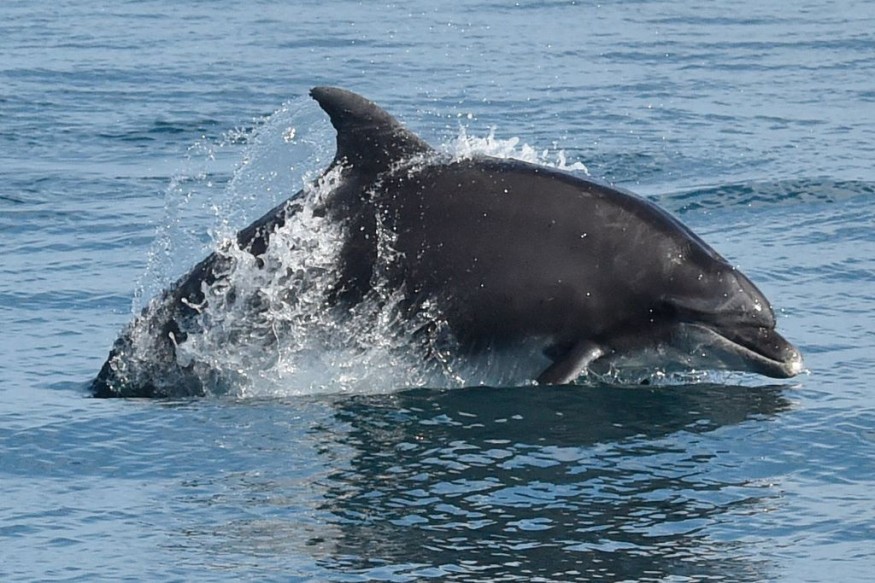Dolphins have long been thought to be calm and gentle toward humans.
However, a recent development showed that an aggressive dolphin off the Texas Coast has been blamed for posing a danger to both human and the animal's safety in the area.
This is according to an advisory and warning issued by the National Oceanic and Atmospheric Administration (NOAA).
Aggressive Dolphin: NOAA Warning

During a press release on May 26, the NOAA advised the public to avoid the aggressive dolphin located in the waters around North Padre Island in Texas.
The US agency expressed concern that the marine mammal has shown aggressive behavior towards people in the area.
Based on the NOAA warning, biologists reported that the dolphin intentionally "separates" children from their parents and pets from their owners in the waters.
Despite the ongoing threat, there were no immediate reports of fatalities from the dangerous dolphin.
The NOAA believed that the cause of the violent behavior was the interaction between the dolphin and humans.
Such communication made the dolphin to be accustomed and more sociable, seeking out any people, boats, and any form of interaction, the agency added.
Since 2021, residents, biologists, and law enforcement in the area reportedly warned visitors and other people to stop feeding, interacting, or swimming with the dolphin.
Despite the warnings, some people continued to search for the animal, the NOAA said.
Dolphin Attacks
In general, dolphin attacks on humans are relatively rare and these animals avoid human conflict whenever possible, according to both anecdotal evidence and previous research.
Unlike the ferocious great white sharks, dolphins have been portrayed as a friendly animal in pop culture.
However, growing evidence proves otherwise.
According to the animal rights organization World Animal Protection, the tourism industry has decorated dolphins as "smiling playmates" that pose minimal or no threat to humans.
To debunk the myth, the organization cited an incident in March 2019 in Cancun, Mexico, where a group of captive dolphins attacked and wounded a 10-year old British girl, which left her with several bite marks, bruises, and cuts.
Marine Mammal Protection Act
The Marine Mammal Protect Act (MMPA) of the United States seeks to protect marine mammals, including their raw products.
It also regulates the capturing and importing of these animals solely for conservation efforts, as cited by the U.S. Fish & Wildlife Service (FWS).
Under the MMPA, any human interaction with a dolphin that can lead to its injury or change its behaviors is considered as "harassment" and is illegal.
In addition, feeding wild dolphins is also prohibited under the said US law.
MMPA Violations in the US
In April, a dolphin got stranded on a Texas beach, where beachgoers harassed it to death.
The NOAA's Office of Law Enforcement had offered $20,000 reward for any lead that would identify, arrest, or prosecute those involved in the dolphin's death at the state's Quintana Beach, according to NBC News.
The Texas dolphin stranding also followed a related event in Florida where a dolphin was found dead with its head impaled with a spear-like objects on a Fort Myers Beach.
Similar to the Texas case, the NOAA also announced a $20,000 reward for information that would help in the pursuit of legal justice of what transpired in the Florida beach.
The Florida incident involved a dolphin that was in a begging position.
The NOAA said begging is not a natural behavior of dolphins and is mostly related to illegal feeding.
Related Article: Rare River Dolphin Found Hanging Out With Anaconda
© 2025 NatureWorldNews.com All rights reserved. Do not reproduce without permission.





